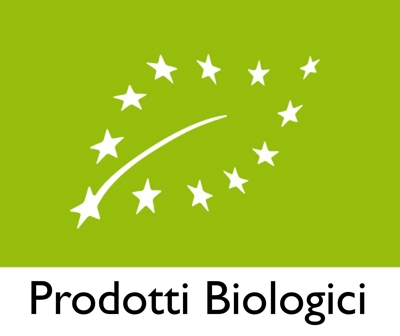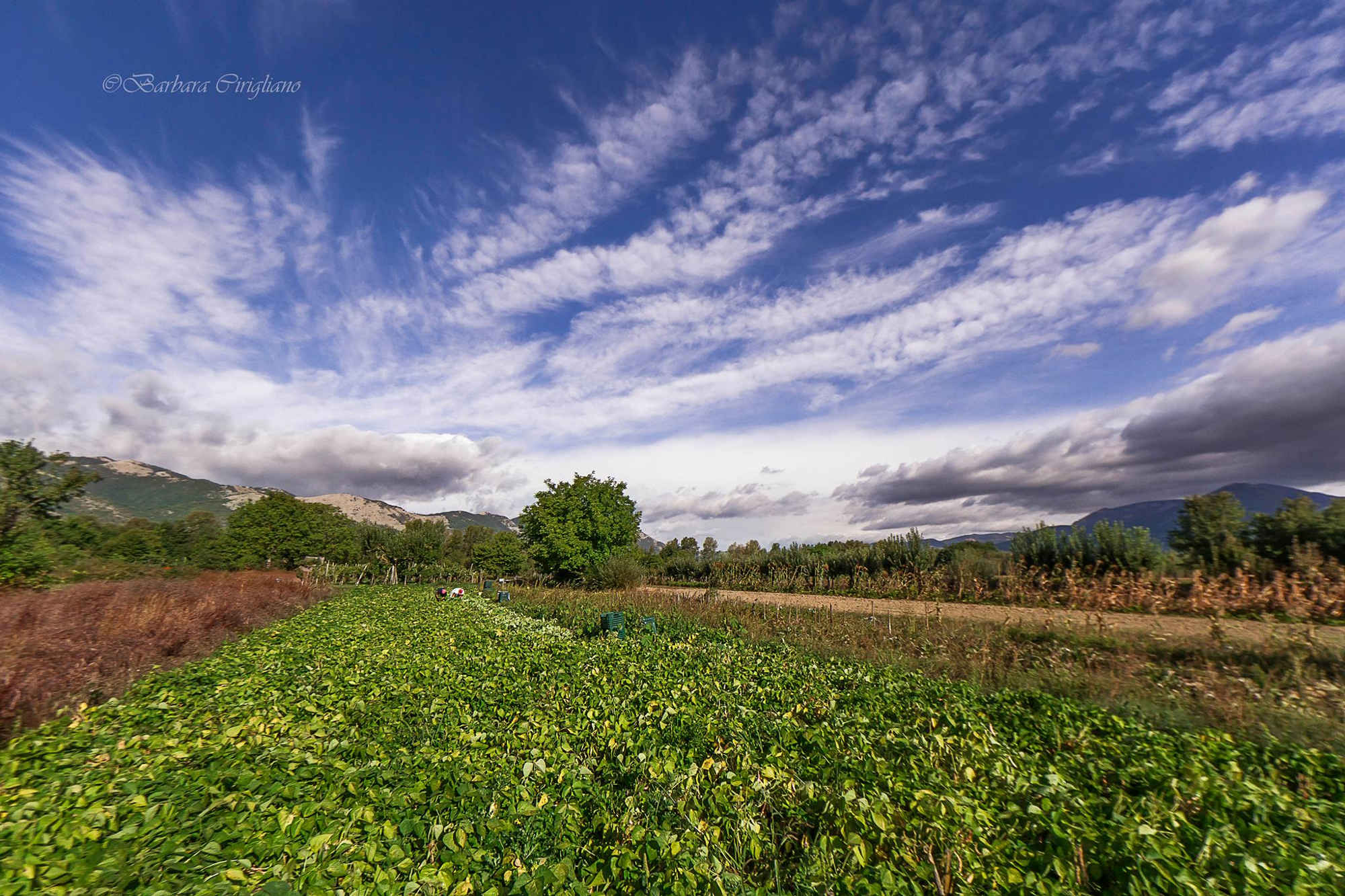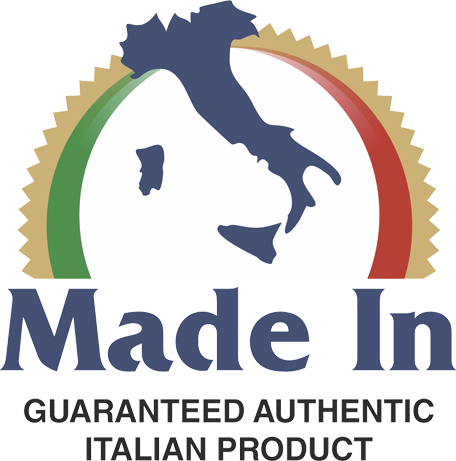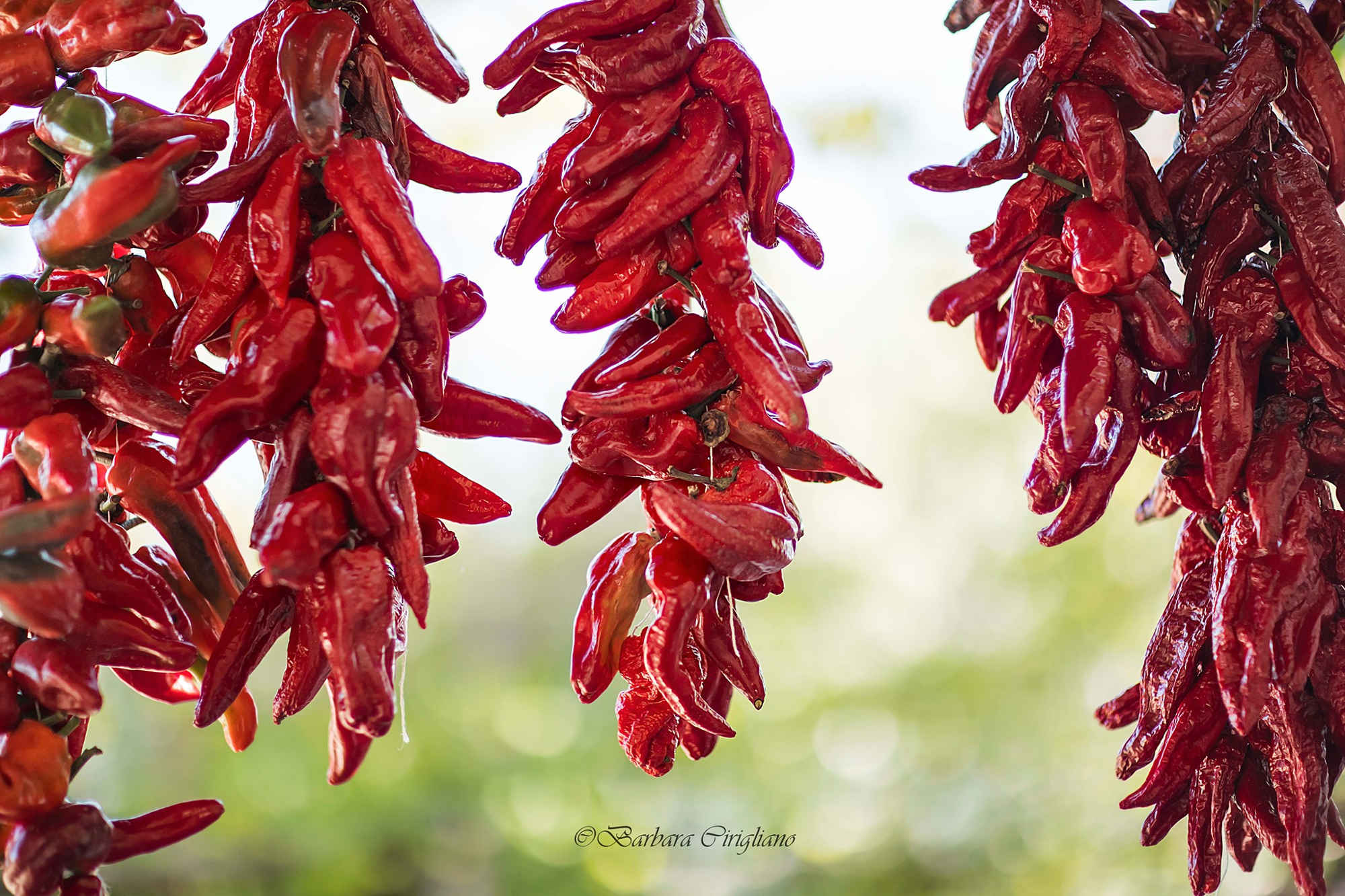
Organic farming and Made in Italy
Organic agriculture in Italy is all from nord to south.
Land Working with organic farming means using a cultivation and food production technique that respects the natural life cycles and the earth ecosystem.
Organic farming is a cultivation method that has been growing more and more in recent years.
An agricultural method where the agricultural ecosystem is considered as a balanced model for the development of cultivated plants.
This is why it is also fundamental in the fight against climate change.
Organic farming and Made in Italy
Italy is at the forefront in Europe for the export of organic origin products. According to an Ispra research, the numbers speak of “a cross-border turnover exceeding 1 billion euros a year, an amount that represents more than a third of the total Italian organic turnover”.
At the end of 2012, organic agriculture areas in Italy covered 37.5 million hectares, with an increase of 5% compared to 2011.
Land growth is constant throughout the planet, from Africa (7%) to the EU (6%).
Oceania is the area with the largest organic cultivation: 32%.
Followed by Europe.
Organic farming in Italy
“The Regions where there is the greatest numbers of organic operators are Sicily (9,660), Calabria (8,787) and Puglia (6,599).
More than 45% of the total Italian operators are concentrated in these regions.
In these three regions there is also the largest extension of organic surfaces: 303,066 hectares in Sicily, 176,998 hectares in Puglia and 160,164 hectares in Calabria.
The organic surface of these three Regions represents 46% of the national organic surface.

Food safety with organic
Since 1991, organic farming has been regulated by the European Union, which establishes the rules to be respected and the cultivation criteria.
According to European directives, only products subjected to careful controls are recognized as organic.
For this purpose, control bodies were created, private entities with the task of verifying that producers actually apply EU directives.
The organic is therefore controlled from the seed to the final product and, if everything has been done in compliance with the rules, it will have the new European logo of organic products on the label.
European logo and the legislation
The label that distinguishes and helps to recognize organic origin products, also known as “Euro-leaf“, is mandatory starting from 1 July 2010, thanks to EC Reg. No. 271/2010.
To receive the logo, the product must:
- have at least 95% of the ingredients from organic farming;
- comply with the rules of the control and certification system;
- report the name of the producer, preparer or seller and the code number of the certification body that carried out the control of the last operation before commercial release.



